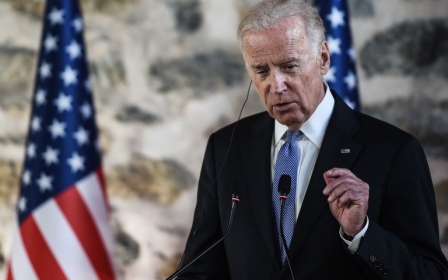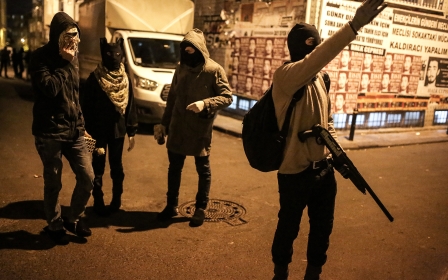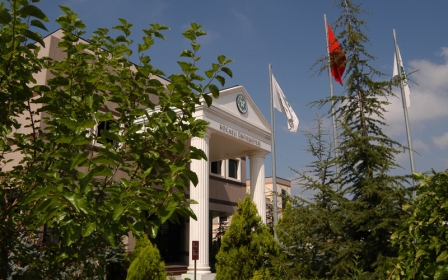Turkey opposes 'Kurdish terrorists' at Syria peace talks

Turkey on Tuesday said it strongly opposed the Syrian Kurdish group Democratic Union Party (PYD) taking part in UN-backed talks planned for later this week that seek a political solution to the Syrian crisis.
"We are categorically against the YPG and PYD, who oppress the Kurds, sitting at the table," Turkish Prime Minister Ahmet Davutoglu told ruling party MPs in parliament.
Turkey considers the PYD and its military wing, the YPG, to be offshoots of the Kurdistan Workers' Party (PKK), which is outlawed by Ankara.
Davutoglu said he was not against Syrian Kurdish representatives joining the talks, deeming their presence at the table as a "necessity".
But he did not specify which other Syrian Kurdish groups he would like to see involved at Friday's meeting.
Referring to the PYD, he said: "A terrorist organisation joining the ranks of the opposition during the talks is unacceptable."
"The PYD, which cooperates with the [Syrian] regime, cannot represent the rightful fight of the Syrian people."
Turkey has long accused the PYD of being allies of Syrian President Bashar al-Assad in a secret pact to carve out an autonomous Kurdish region in northern Syria. The Syrian Kurdish group rejects this.
Last month, several key opposition factions, including rebel groups, formed a coalition known as the High Negotiations Committee to participate in the mooted talks in Geneva.
But the coalition excludes the PYD, Syria's main Kurdish party, and a range of other opposition factions.
Russian Foreign Minister Sergei Lavrov has insisted that UN-backed Syria talks would not be successful if Kurdish representatives were not invited.
New MEE newsletter: Jerusalem Dispatch
Sign up to get the latest insights and analysis on Israel-Palestine, alongside Turkey Unpacked and other MEE newsletters
Middle East Eye delivers independent and unrivalled coverage and analysis of the Middle East, North Africa and beyond. To learn more about republishing this content and the associated fees, please fill out this form. More about MEE can be found here.




